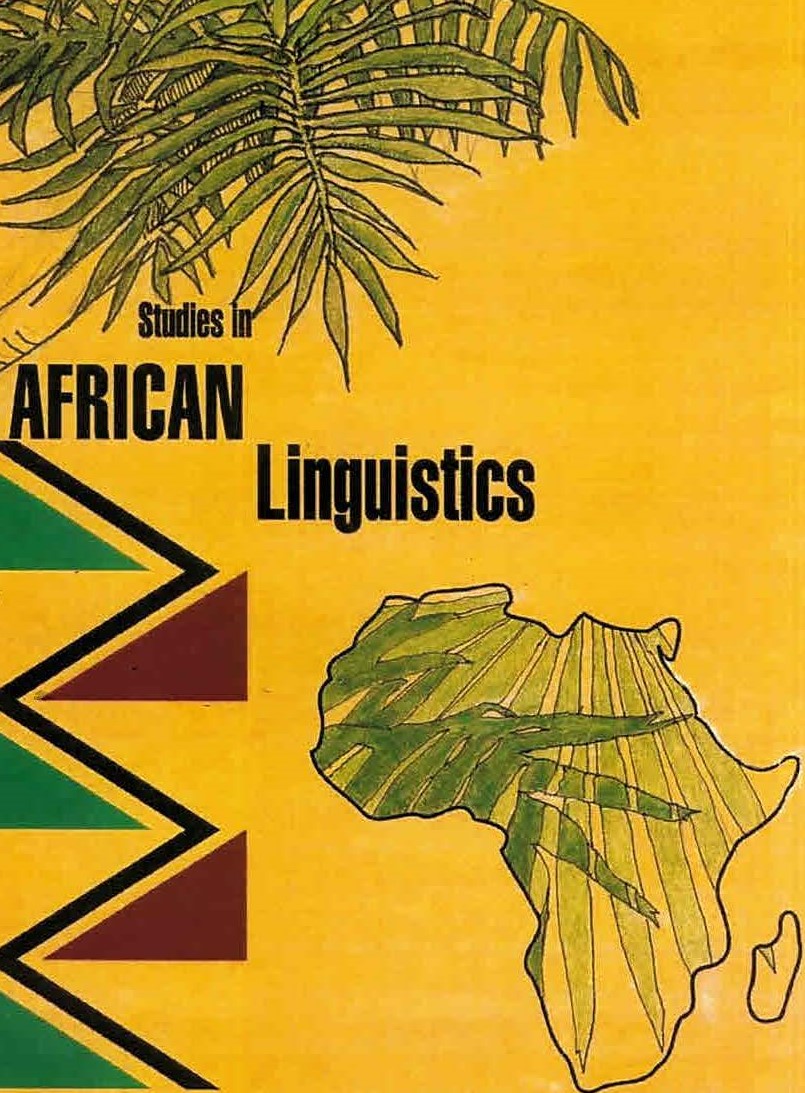Encoding the plural-honorific suffix -ani and the imperfective anga in Malawian CiTonga (N.15)
DOI:
https://doi.org/10.32473/sal.v48i2.118043Keywords:
Bantu, Malawian Tonga, verb structure, plural-honorific suffix, *-Vni, imperfective, *-a(n)g-Abstract
Many Bantu languages have the plural-honorific suffix *-Vni and the imperfective morpheme *-a(n)g-. In most of these languages, *-Vni is reported to be clearly encoded at POST-FINAL position. On the other hand, *-a(n)g- is said to be ambiguously encoded, either at EXT (extension) in one language or FV (final vowel) in another language. Still in others it coexists at both EXT and FV; there has also been a suggestion that it is encoded at POST-FINAL in several others. This article argues that the status of both the plural-honorific suffix -ani (*-Vni) and the imperfective -anga (*-a(n)g)- in CiTonga is fluid, it prevaricates between EXTENSION (suffix), FV (the commonest), and POST-FINAL (clitic). Although these formatives can be encoded at these positions, they are shown to be functionally different from extensions, inflectional vowel suffixes and clitics


